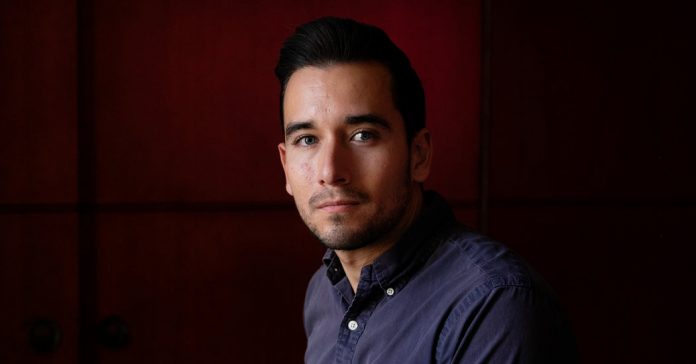4. Why are some professors, colleges and universities resistant to the evolving uses of pronouns in their classrooms? Why did Nicholas K. Meriwether, 62, a professor at Shawnee State University, refuse to call a transgender student by “feminine titles or pronouns”? Do you agree that it would violate his religious convictions? How did the university respond to Mr. Meriwether’s claims?
5. Many professors and their students find themselves “gazing across a generational divide” when it comes to an understanding of gender identities, according to the article. What evidence does the author provide to support this claim? Have you ever experienced this divide?
6. What does recent research indicate about the effect of using chosen names and proper pronouns on transgender and nonbinary young people?
7. The article ends:
Flush with success, Mr. Garcia Blum is working on a plan to distribute the stickers schoolwide next year.
“The more that people do it, the more the peer pressure,” he said. “But also, the more the peer affirmation.”
What is your reaction to Mr. Garcia Blum’s efforts to make Harvard more inclusive, safe and welcoming for all students? Do you think that Harvard should adopt gender pronoun stickers for name placards throughout the school? Why or why not?
Going Further
Choose one of the following activities:
1) Share your opinion and experiences.
What is your reaction to the article? Did it change how you understand the issue of gender pronouns?
What is the gender pronoun you want other people to use when referring to you? How important is it to you to have teachers and professors call you by your personal pronoun?
Do you, or does anyone you know, identify as transgender or nonbinary? Is your school a safe and welcoming space for you, or for transgender and nonbinary students? Does it have a pronoun protocol or policy? Do any of your teachers ever ask students for their personal pronouns?
Do you have a story or experience related to pronoun use in the classroom? If so, please share it.
2. Make a recommendation for your school.
What can students, teachers and administrators do to create a safe and inclusive climate for all students? What specific resources and support do transgender and gender-nonconforming youth need from their schools?
For example, should schools have a pronoun protocol like the ones described in the article? If yes, should they be voluntary or mandatory? Should all schools have gender-neutral bathrooms, L.G.B.T.Q.I.A.+ clubs and gay-straight alliances and a more gender-inclusive curriculum?
Here are some additional resources to help with your recommendations:









